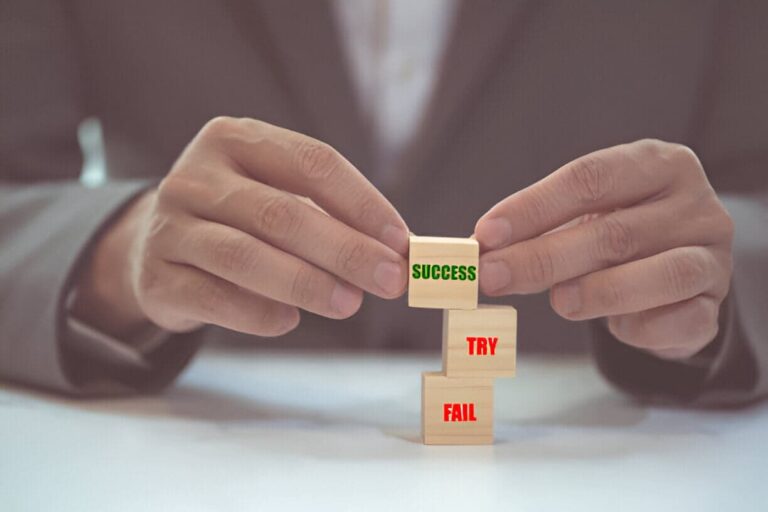In the evolving landscape of modern business, leading remote teams has become a critical skill. Vinay Mehra, a prominent business leader based in Boston, Massachusetts, has established himself as an expert in managing remote teams. His strategies for leading remote teams effectively draw on his extensive experience and insights gained from working with organizations in Boston, Newton, and Cambridge. This article delves into Mehra’s approach to remote team leadership, emphasizing the principles and practices that drive success in a virtual environment.
Establishing Clear Communication Channels
Effective communication is the cornerstone of successful remote team management. Vinay Mehra stresses the importance of establishing clear communication channels to ensure that team members stay connected and informed. He recommends using a combination of communication tools to cater to different needs—instant messaging for quick updates, video conferencing for face-to-face interactions, and project management software for tracking progress.
In his work with a tech company in Cambridge, Mehra introduced a suite of communication tools that facilitated seamless interactions between team members spread across different locations. By setting up regular video meetings and maintaining active chat channels, the team could collaborate effectively despite physical distances. Mehra’s approach ensures that remote teams remain cohesive and engaged.
Setting Clear Expectations and Goals
Setting clear expectations and goals is crucial for maintaining productivity and accountability in remote teams. Mehra emphasizes the importance of defining roles, responsibilities, and performance metrics from the outset. This clarity helps team members understand their objectives and the standards they are expected to meet.
For instance, in Newton, Mehra led a project where he implemented a structured goal-setting framework. Each team member had a defined set of objectives and key performance indicators (KPIs) aligned with the overall project goals. This approach not only provided direction but also fostered a sense of purpose and accountability among team members.
Fostering a Strong Team Culture
Building a strong team culture is essential for remote team cohesion and morale. Vinay Mehra believes that even in a virtual setting, it is important to cultivate a sense of belonging and camaraderie. He recommends creating opportunities for team bonding and recognition, such as virtual team-building activities and regular acknowledgment of individual contributions.
In his leadership role with a Boston-based organization, Mehra organized virtual social events and recognition programs to keep the team’s morale high. These initiatives helped build trust and rapport among team members, contributing to a positive and collaborative remote work environment.
Implementing Effective Project Management Practices
Effective project management is key to ensuring that remote teams stay on track and meet their deadlines. Mehra advises using project management tools to streamline workflows, assign tasks, and track progress. These tools provide transparency and allow team members to see how their work fits into the larger project.
For example, Mehra worked with a team in Cambridge to implement a project management system that enabled real-time tracking of tasks and milestones. This system facilitated better coordination and ensured that everyone was aware of their responsibilities and deadlines. By leveraging project management tools, remote teams can maintain efficiency and ensure timely delivery of projects.
Providing Support and Resources
Supporting remote team members involves more than just managing tasks; it also includes providing the necessary resources and support to help them succeed. Vinay Mehra highlights the importance of ensuring that team members have access to the tools, training, and resources they need to perform their roles effectively.
In Newton, Mehra oversaw a remote team where he implemented a comprehensive support system, including training programs and access to technical resources. This support helped team members navigate challenges and perform their duties effectively, demonstrating Mehra’s commitment to their success and well-being.
Conclusion
Vinay Mehra’s strategies for leading remote teams effectively offer valuable guidance for organizations navigating the complexities of virtual work environments. By establishing clear communication channels, setting clear expectations and goals, fostering a strong team culture, implementing effective project management practices, and providing support and resources, Mehra provides a holistic approach to remote team leadership. His experiences in Boston, Newton, and Cambridge highlight the practical application of these strategies and their impact on remote team success. Embracing these principles can help organizations build resilient and productive remote teams, ensuring continued success in a dynamic business landscape.





